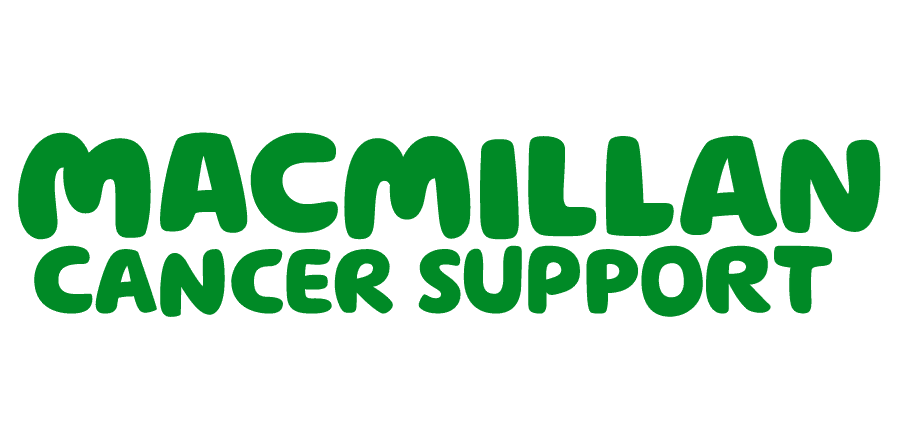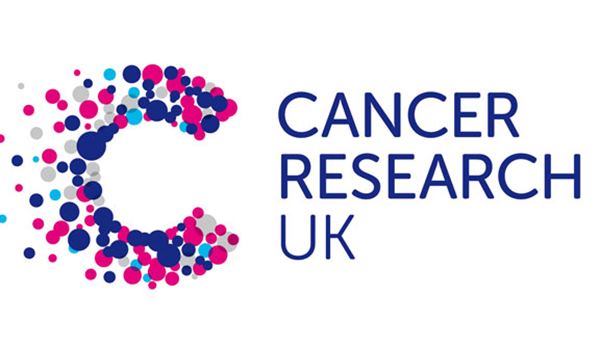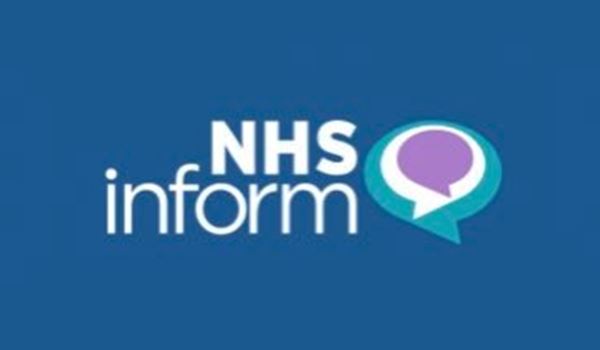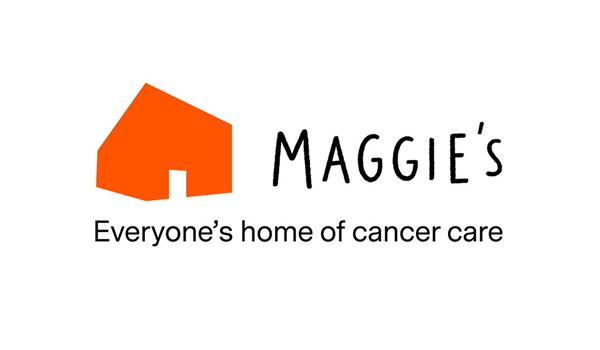Breast Cancer
What does this page contain?
This page has been put together by our clinical team with information and support on breast cancer including :
- symptoms of breast cancer,
- treatments available
- useful online information and support with cancer research uk, breast cancer uk, nhs inform
- information on NHS Breast Clinics
- local Macmillan Support Services
What to do if you feel a new lump?
We support women and men to regularly check for any new lumps in the breast/chest region, nipple area and armpits. Thankfully the research suggests 9 out of 10 lumps are harmless or benign. However, if you suspect you feel a new lump that doesnt feel right, please don't hesitate to book an appointment us to assess further. Our experienced clinical team include:
- GP/ GP registrars
- Nurse Practitioner
- Physicians Associates
All of whom are fully qualified to clinically examine and potentially organise further investigations + referrals to the Breast Team at the Western General if needed.
Also, please feel free watch this really useful 1 min video from Breast Cancer UK on how to check for signs of a potential breast cancer.
Risk factors for Breast Cancer
Breast Cancer affect 1/7 women in the UK during a lifetime. It is the most common cancer found in women after skin cancer.
It can occur at any age but risk increases as we get older.
other risk factors include:
- Family history, genetic mutations (e.g., BRCA1 and BRCA2),
- hormonal factors (early menarche or late menopause),
- lifestyle choices (diet, alcohol consumption, and physical activity).

Symptoms of Breast Cancer
Symptoms of breast cancer may include finding a new lump in the breast or in your armpit, changes in breast size or shape, nipple discharge, skin changes (redness, dimpling), and breast pain.
Many breast cancers can be picked up at early stage before symptoms occur with imaging such as mammograms. This is why attending breast screening is essential when you are invited for a screening appointment
Breast Cancer Treatments
To be given a diagnosis of breast cancer can feel very overwhelming at first. However, together between us at Bangholm Medical Practice , the breast/oncology team and other community services; we will be more than happy to help support and navigate you through the various stages of investigations, treatments, and managing your emotional and physical well-being through each step.
Treatment options depend on the type and stage of breast cancer. Common treatments include breast surgery (mastectomy or lumpectomy), radiation therapy, chemotherapy, hormone therapy, and immunotherapy.
The treatment plans may potentially involve a combination of therapies. It is important to say with ongoing excellent research , the treatments for breast cancer sufferers are improving all the time. For more useful information on each of the treatments please visit Cancer Research UK
NHS Edinburgh Breast Unit
Our colleagues at the Breast and Oncology Team are simply amazing and are located down the road at the Western General Hospital.
After our initial assessment, if we suspect we need to investigate further, we will organise a referral for a further appointment to see the breast specialist. From there, they will decide if further investigations are warranted.
If the initial investigations (usually an ultrasound scan) shows a lump that looks suspicious of breast cancer, they will organise further biopsies. Thereafter, your case would be discussed at ameeting with other specialists to discuss the best form of individualised treatment.
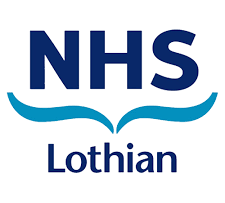
Important members of the hospital team to be aware of are:
- Breast Surgeon - makes decisions on the type of surgery required to remove the tumour and sometimes Lymph nodes.
- Oncologist- decides on the type of chemo/immuno/radiotherapy and hormonal treatments required
- Radiologist - specialises in interpretating the scans looking at the exact position of the tumour and where if may have spread if there is metastasis
- Pathologist - specialises in interpretating the biopsy, and what type of breast cancer it is
- Specialist Nurses - help in supporting you through the whole process , and act as a link if you have any questions or concerns.
Macmillan Cancer Support
The breast and oncology team often discuss the benefits of Macmillan Cancer Support. They offer comprehensive information for people who have been recently diagnosed with cancer, including information on investigations and treatment. They also provide practical, financial and emotional support for sufferers and/or friends, family or carers looking after someone with cancer. They also provide information on end of life and bereavement support. Support Line : 0808 808 00 00
Macmillan Link Worker Support
The Lothian Improving the Cancer Journey (ICJ) is a excellent Link Worker support service run by Macmillan Support and NHS lothian. The group aims to support people with a cancer diagnosis and their family or carers, focusing on mainly non-clinical issues.
Here are just some of the things they can offer support with;
• Money or housing issues
• Work
• Caring responsibilities
• Physical concerns
• Emotional concerns
Link workers will offer a supportive conversation about 'what matters most’ and focus on areas identified that may need extra support or advice. Link workers will be able to sign-post or refer to appropriate local services and support networks
See this link for more information.
To contact the service please call or email the team on contact details below.
Telephone: 07977 307 286 or 07929 784 315
Email: loth.icj@nhslothian.scot.nhs.uk
Appointments are arranged usually within 10 working days
The Cancer Navigation Hub has been developed to answer calls from patients covering all cancer related enquiries. The team is made up of Cancer Pathway Coordinators.
It has been designed to help patients navigate their way through, what can often be, complex cancer pathways. Calls will be directed to the most appropriate care team(s) including the cancer treatment helpline, clinical nurse specialist teams, treatment day units, and will act as a link to introduce patients to external agencies such as Macmillan (Improving the Cancer Journey) and Maggie’s for non-health related cancer support.

Cancer Pathway Coordinators are trained to help patients with a variety of enquiries such as checking and rearranging appointments, scheduling of treatments, transport enquiries, and accessing interpretation and translation services.
The Cancer Navigation Hub can be accessed by calling 0300 123 1600 (Monday – Friday 9am-5pm*)
Maggie's
Maggies offers local support and wellbeing services for people living with cancer. The can speak on the phone or meet face-to-face.
Tel number: 0131 537 3131
email: edinburgh@maggies.org
address: Maggie's Edinburgh , The Stables, Western General Hospital,
Crewe Road , Edinburgh EH4 2XU
Please click on the adjacent link for more information.
Page created: 04 September 2020


